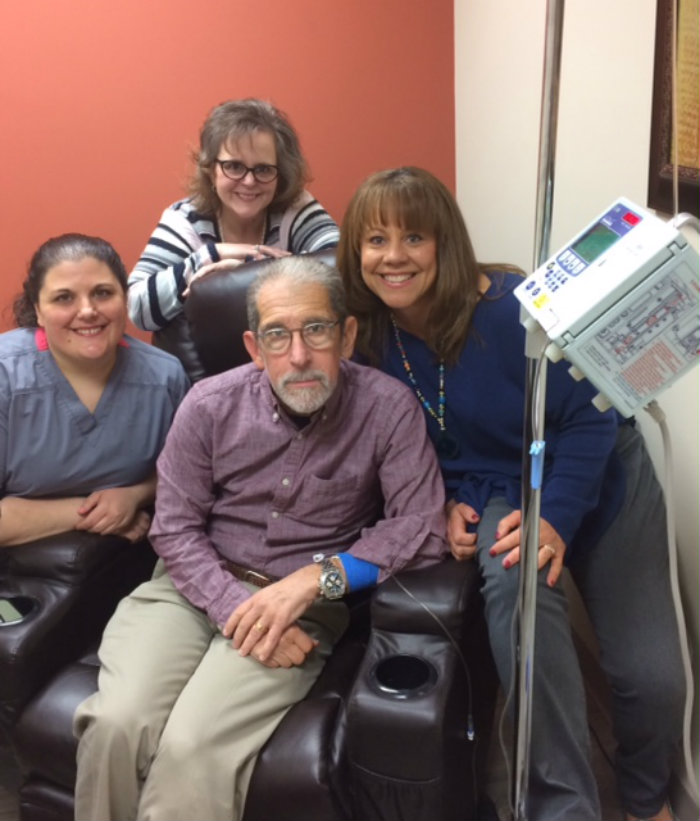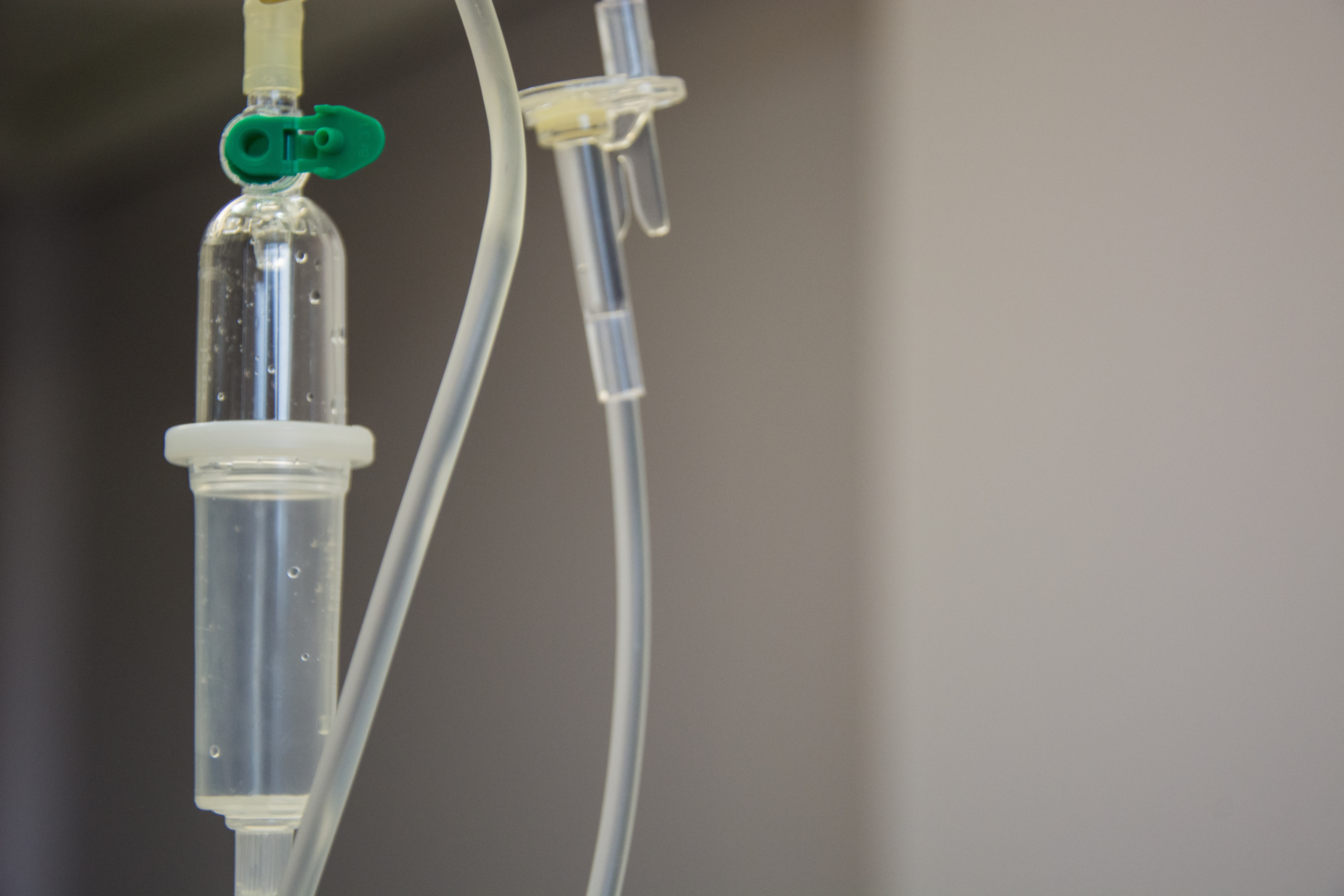Want to reduce your multiple sclerosis fatigue? Maybe we should talk about it.
I’m talking about a fatigue treatment called cognitive behavioral therapy (CBT), which usually involves changing a person’s thinking and behavior. By talking with a therapist, sometimes on the phone, a patient develops an understanding of the problem and a strategy to address it. Simply put, modifying how we think about a problem affects how we solve it.
A strategy to fight multiple sclerosis fatigue
How can CBT help to ease our MS fatigue? A 2017 study published in the Journal of Psychosomatic Research reported that if a person with MS focused on improving their thinking about things such as physical activity, daytime sleepiness, feelings of helplessness, and physical functioning, fatigue levels could be lowered.
Of course, medication can also be used to address fatigue. I’ve used Provigil (modafinil) for many years, with mixed results. I think that the efficacy of the drug can wane over time, at least that’s what happened with me. After many years of using modafinil, I stopped receiving the same boost that it once gave me. But after going off it for a few months, its usefulness returned when I started taking it again, with positive results.
Now, if both of these fatigue-fighting approaches work, at least to some extent, what might be the result if they were combined?
A study looks at CBT and modafinil
Researchers at the University of Michigan have looked at the effect on multiple sclerosis fatigue of CBT alone, modafinil alone, and a combination of the two. In a study — whose results were shared at this year’s Americas Committee for Treatment and Research in Multiple Sclerosis (ACTRIMS) conference in San Diego in late February — 336 people with MS who were diagnosed with clinical fatigue were placed in three groups and randomized to receive either 50-200 mg of modafinil twice a day, CBT via telephone, or a combination of the two, for 12 weeks. (My modafinil dose has been 100 mg daily.)
The effect on fatigue was similar for each of the three groups. Scores on the Modified Fatigue Impact Scale were reduced by 16.9 points for people treated with modafinil alone, 15.2 points for CBT alone, and 17.3 for those in the combination group. That’s all considered clinically significant.
But when judged on the Patient Global Impression of Change scale — which measures how a patient perceives the impact of treatment on their quality of life — the patients who received a combination of CBT and modafinil generally perceived that the treatment had increased their overall health and well-being.
So does it really matter if you’re treated with modafinil, CBT, or both? Probably not. But as some people say, perception is reality.
(A version of this post first appeared as my column on the MS News Today website.)



